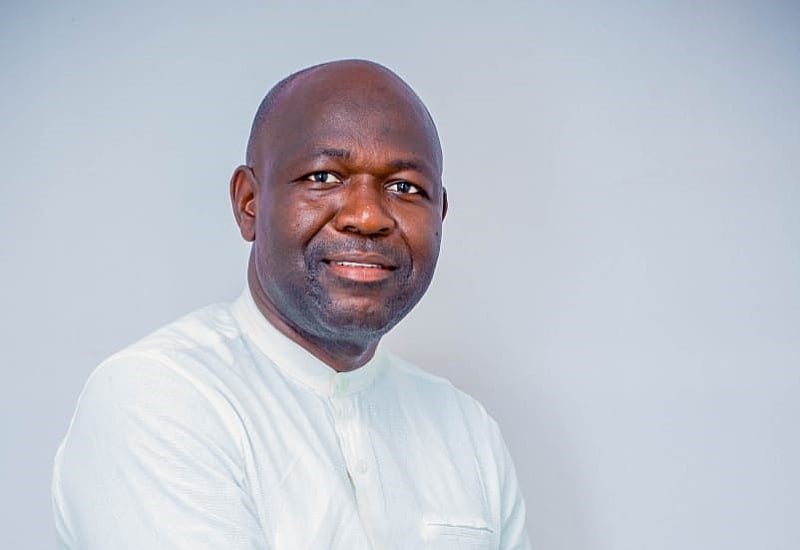Sulemana Ussif Frinjei, a District Chief Executive (DCE) aspirant for the Chereponi District in Ghana’s North East Region, has articulated his vision for the district, emphasizing revenue generation, cultural tourism, and conflict resolution as key pillars for achieving sustainable development. He recognizes the pervasive challenge of revenue generation within Ghana’s Metropolitan, Municipal, and District Assemblies (MMDAs), particularly in deprived districts like Chereponi. Frinjei’s approach focuses on enhancing Internally Generated Funds (IGF) through public sensitization, ensuring transparency and accountability in the use of these funds, and bolstering the capacity of revenue mobilization personnel within the assembly. He believes that a clear understanding among residents of the need for revenue and how it’s utilized will foster greater compliance and contribute significantly to local development initiatives.
Frinjei’s strategy for revenue generation extends beyond traditional methods to include harnessing the untapped potential of cultural tourism. He recognizes the rich cultural heritage of the Chakosi (Anufo) people in Chereponi and advocates for the promotion of their unique traditions and clan systems as a significant tourist attraction. Specifically, Frinjei intends to support and promote the Bambati cultural activity, believing it can draw tourists and generate revenue for the district. This culturally-sensitive approach to development aims to leverage the district’s unique identity while simultaneously empowering local communities and preserving their heritage. He plans to collaborate with traditional leaders, community members, and media outlets to create an annual cultural calendar showcasing Chereponi’s diverse traditions and attracting both domestic and international tourists.
A critical element of Frinjei’s vision is addressing the persistent conflicts and misunderstandings that have hampered development in Chereponi. He advocates for proactive dialogue, effective communication, and regular engagement among traditional authorities and stakeholders. He proposes quarterly meetings as a platform for these interactions, aiming to foster unity and build consensus on development priorities. This focus on conflict resolution underscores Frinjei’s understanding that a peaceful and harmonious environment is a prerequisite for sustainable development. By bringing together diverse voices and interests, he hopes to create a shared vision for the district’s future and pave the way for progress.
The focus on revenue generation demonstrates Frinjei’s understanding of the fundamental challenges facing the district and his commitment to finding sustainable solutions. His approach emphasizes not only increasing revenue but also ensuring its responsible and transparent use. This dual focus on both collection and accountability is crucial for building public trust and ensuring that development efforts are effective and benefit the entire community. By strengthening monitoring systems and improving the competence of revenue personnel, Frinjei aims to maximize the impact of internally generated funds and create a more financially stable district.
Frinjei’s emphasis on cultural tourism showcases his innovative thinking and his recognition of the district’s unique strengths. By promoting the cultural heritage of the Chakosi people, he seeks to create a new revenue stream while simultaneously preserving and celebrating local traditions. This approach not only has economic benefits but also fosters a sense of pride and identity within the community. The development of an annual cultural calendar will provide a structured platform for showcasing Chereponi’s cultural richness and attracting tourists, thereby contributing to the local economy and raising the district’s profile.
The commitment to conflict resolution highlights Frinjei’s understanding of the intricate social dynamics within Chereponi. He recognizes that development cannot occur in an environment of conflict and mistrust. By prioritizing dialogue and regular engagement among traditional authorities and stakeholders, he seeks to build bridges and foster a more cohesive community. The proposed quarterly meetings will provide a forum for addressing grievances, resolving disputes, and building consensus on key issues. This proactive approach to conflict resolution is essential for creating a stable and peaceful environment conducive to sustainable development.
In a field of nineteen candidates vying for the DCE position in Chereponi, Frinjei’s platform stands out for its comprehensive approach to addressing the district’s challenges. He offers a clear vision for development that encompasses financial stability, cultural preservation, and conflict resolution. His focus on community engagement, transparency, and accountability demonstrates a commitment to participatory governance and a desire to empower local residents. By combining innovative revenue generation strategies with a deep understanding of the local context, Frinjei presents a compelling case for his leadership and his ability to drive meaningful change in Chereponi. He has assured the people of the district that, if given the mandate, he will work tirelessly to unite the community and achieve sustainable development.














